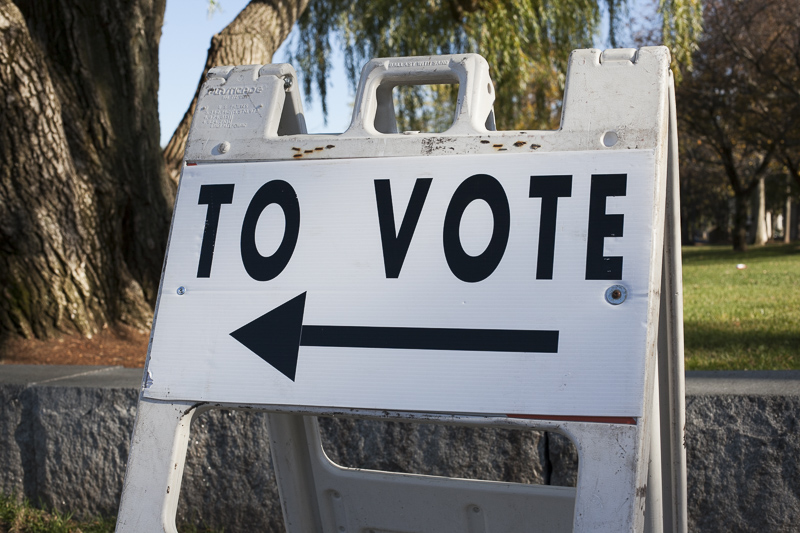
In 2012, a study published in Nature revealed the results of an experiment conducted via Facebook in November of 2010: displaying the word “VOTE” in users’ news feeds along with information on polling locations–and in some cases displaying the profiles of Facebook friends who had already reported voting–increased the likelihood of those users going offline to cast ballots. But what happens if, as Jonathan Zittrain of Harvard’s Berkman Center for Internet and Society suggests, Facebook only shows the “VOTE” image to users affiliated with certain political parties? The power structures at play behind candidate-related content have a long history of influencing viewer opinion and being subject to regulation. However, the digital landscape is shifting at speeds that can outpace oversight, making it critical that voters understand the unseen systems influencing their behaviors.
In the case of search engines, online services such as Google, Yahoo and Bing help voters find information on political candidates. But how do they influence election results? Users scanning search query results click on links in fairly predictable patterns, giving special emphasis to results at the top of the list and on the first page. Companies spend billions of dollars on search optimization to capitalize on these user behavior patterns and push their website pages to the top of query results. This influences which links a user is most likely to click, which in turn affects their beliefs and behaviors around products, topics and issues. Considering the increasing number of people who turn to the Internet to gain information about candidates, it is important to take into account how search engine outcomes can impact voter opinion and election results.
Robert Epstein and Ronald E. Roberston of the American Institute for Behavioral Research and Technology sought to evaluate how search engine manipulation can influence reader opinions in political campaigns. In their 2015 study “The Search Engine Manipulation Effect (SEME) and its Possible Impact on the Outcomes of Elections,” Epstein and Robertson study people in the United States and India to determine which populations are most vulnerable to being influenced in this way.
The study’s findings include:
- By manipulating search engine results to favor one candidate over another, voter preferences can be altered by 20 percent or more.
- Certain demographics are more vulnerable to search engine manipulation effect (SEME) than others. Though the specific demographic of voters vulnerable to this effect varied in each of the five studies conducted by Epstein and Robertson, voters with little knowledge of the candidates or who were undecided in their political affiliation at the time of the study were especially influenced by it.
- The transparency of search engine manipulation can vary so that the user lacks awareness of how the search engine results impact their consumption and perspective on the content presented.
- Even users who expressed awareness of search engine manipulation were still influenced by how the search results were presented to them.
According to the authors, it is important to examine the power of SEME on voter outcome and especially to consider how its manipulation can be masked from the viewer and obscured from regulators. And, when search engines favor certain results over others, the results “might interact synergistically with the process by which voter preferences affect search rankings, thus creating a sort of digital bandwagon effect.” Since many people use search engines provided by a singular corporate entity, those companies hold large amounts of unregulated power that could determine election outcomes, especially as more voters turn to the Internet as their sole provider of news and current events. The authors conclude that “unregulated election-related search rankings could pose a significant threat to the democratic system of government.”
Related Research: A 2014 study in the Journal of Information Technology and Politics uses data from a Texas opt-in poll to examine how users get their political and news information through tablet and smartphone news applications, search engines and online social media.
Keywords: search engine optimization, search engine manipulation, politics, voter opnion, campaign media, elections, public opinion, SEO
